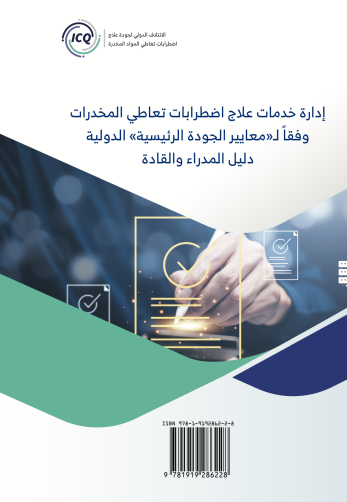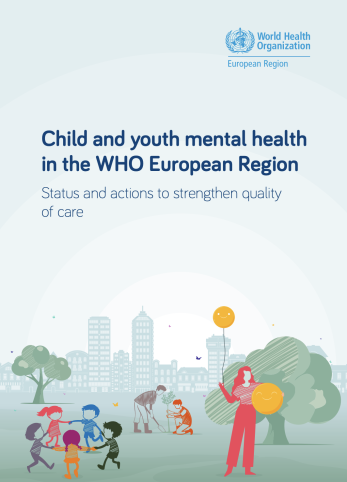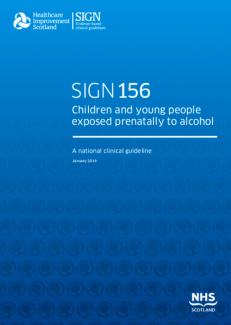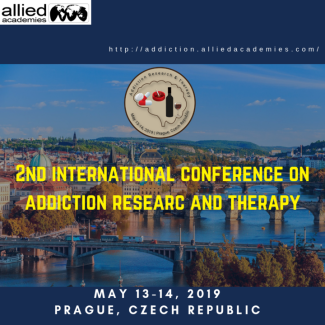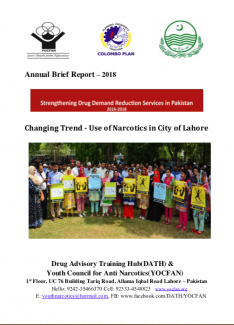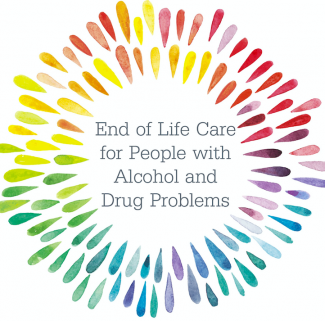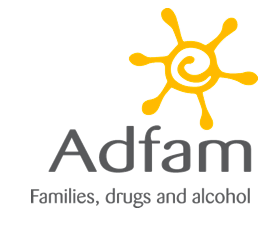Hledat
Treatment
Applying interventions designed to reduce and manage the symptoms of substance use disorders.
Webinář: Implementace SBIRT na venkovských klinikách: Průvodce postupy
Mnoho poskytovatelů zdravotní péče uvádí, že řešení problémů s alkoholem a jinými drogami je jednou z nejnáročnějších oblastí jejich praxe. Poskytovatelé si nejsou jisti, jak tyto problémy řešit, a přesto jsou v nejlepším postavení, aby...
Děti a mladí lidé vystaveni prenatálně alkoholu - klinické pokyny
Konzumace alkoholu v těhotenství má potenciál způsobit významné poškození plodu. Odhaduje se, že přibližně 3,2 % dětí narozených ve Velké Británii je postiženo poruchou fetálního alkoholového spektra, ačkoli pokyny říkají, že v současné...
Soutěž o účast na Mezinárodní letní akademii vedení pro prevenci škod způsobených alkoholem, 2019
Kanadské centrum pro užívání návykových látek a závislost (CCSA) a Partnerství pro postsekundární vzdělávání - Alkohol Harms (PEP-AH) nabízejí studentům příležitost zúčastnit se sedmidenní mezinárodní Letní akademie vedení pro prevenci škod...
Intention to Reduce Drinking Alcohol and Preferred Sources of Support
Although rates vary from country to country, harmful alcohol use can be considered a global public health concern. The Global Drug Survey (GDS) is the world's largest annual survey of substance use.
A recent study, published in the Journa...
Effectiveness Bank Analysis: Therapeutic Relationships Matter for Young Clients Too
Amalgamation of research findings for the American Psychological Association finds that the relationship between therapists and young clients and their parents matters nearly as much as in adult therapy. Practice recommendations will aid...
Měření kvality terapeutických komunit pro závislost na látkách: Mezinárodní průzkum spolupráce v Latinské Americe
Abstraktní
Pozadí
V Latinské Americe jsou poruchy související s látkami velmi rozšířené a jednou z léčebných strategií jsou terapeutické komunity (TC), avšak v Latinské Americe je málo údajů o těchto léčebných strategiích, jejich kvalitě...
Jak zajistit účinnou substituční léčbu závislosti na opiátech ve věznicích
Tento webinář se zaměřuje na:
-
Překonání organizačních a kulturních problémů
-
Stabilizace a asistovaný odběr
-
Retox a kontinuita péče
Přednášející:
Dr. Joss Bray, klinický vedoucí pro léčbu drog a alkoholu ve věznicích na...
2nd International Conference on Addiction Research and Therapy, 13.-14. května 2019 Praha, Česká republika
2nd International Conference on Addiction Research and TherapyMay
13-14, 2019 Praha, Česká republika
Téma: Pochopitelný pohled na dilema závislosti na závislostech
2019 Webová stránka:http://addiction.alliedacademies.com/
Výbor...
Výzva k podávání přihlášek na SPR Sloboda a Bukoski Cup
Významné pokroky ve vědě o prevenci jsou často výsledkem dlouholeté úzké spolupráce týmu jednotlivců. Jako uznání významu procesu spolupráce v této oblasti bude Společnost pro výzkum prevence (SPR) sponzorovat přátelskou soutěž mezi týmy...
Effectiveness Bank Analysis: Guidance on Some of the Trickiest Decisions Therapists Have to Make
It’s a dilemma for all therapists and counsellors - how much to disclose about yourself. Another difficult decision is when to directly confront what is happening then and there in therapy. A review for the American Psychological...
The UN SDG Action Awards
Annual Report: Use of Narcotics in City of Lahore
The Drug Advisory Training Hub (DATH) & Youth Council for Anti Narcotics (YOCFAN) have published the latest annual report on the use of narcotics in Lahore.
The report gives an overview of the current situation in Lahore and outlines the...
Podcast: Effectiveness of Brief Alcohol Interventions in Primary Care Populations
The Cochrane Drugs and Alcohol Group specialises in reviews that assess, among other things, ways to reduce hazardous or harmful drinking of alcohol.
One of these reviews looks at the evidence on practitioner-delivered brief interventions...
Barriers in Substance Use Disorder Treatment
The US is experiencing a public health crisis. In the US in 2016 alone, there were over 63,000 drug poisoning deaths. Despite these concerning figures, it is estimated that fewer than 20% (3.8 million) receive treatment and for those who do...
Národní týden faktů o drogách a alkoholu
Národní týden faktů o drogách a alkoholu spojuje studenty s vědci a dalšími odborníky, aby vyvrátili mýty o drogách a alkoholu, které dospívající získávají z internetu, sociálních médií, televize, filmů, hudby nebo od přátel.
Kliknutím sem...
Website: End of Life Care for People with Problematic Substance Use
This website offers resources developed from a two-year research programme on end of life care for people with alcohol and other drug problems. The research programme was the first of its kind to explore current practice and service...
#StigmaMakesMeFeel - Adfam's Campaign to Raise Awareness of Stigma Experienced by Families Affected by Substance Use
Adfam is launching a new campaign #StigmaMakesMeFeel, to tackle the stigma experienced by families affected by drugs and alcohol.
From societal attitudes about substance use to unhelpful remarks from friends, stigma is rife and causes...
Pricing of Tobacco Products During, and After, the Introduction of Plain Packaging
In 2016 the UK government introduced a policy that required factory-made cigarettes and roll your own tobacco to be sold in plain packaging with pictorial and text warnings.
However, there was reluctance from tobacco companies to “make the...
Interaktivní mapa: Léčebné konopí v Evropské unii
Převážná většina zemí Evropské unie zakazuje výrobu, prodej, držení a užívání rostlinného konopí farmaceutické kvality. Většina zemí EU však za určitých okolností povoluje předepisování léků na bázi konopí, jako je Sativex.
Interaktivní ma...
Mezera v léčbě, hledání pomoci, stigma a rozsah poruchy užívání alkoholu ve venkovské Etiopii
Abstraktní
Pozadí
Ačkoli poruchy spojené s užíváním alkoholu přispívají k vysokému podílu zátěže obyvatelstva, rozdíl v léčbě je velký, zejména v zemích s nízkými a středními příjmy. Aby se tato mezera zmenšila, jsou zapotřebí...
Share the Knowledge: ISSUP members can post in the Knowledge Share – Sign in or become a member

